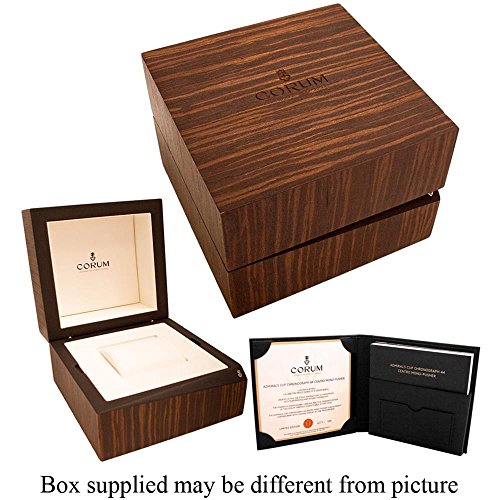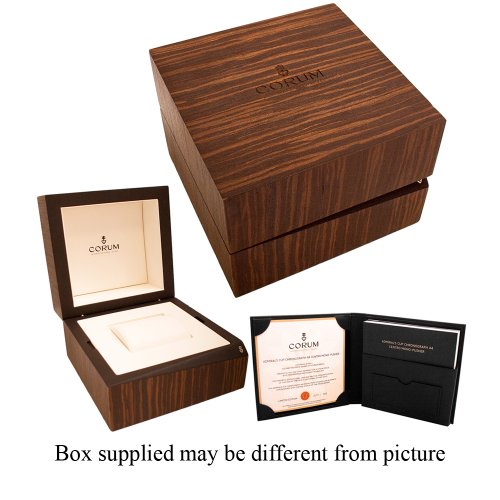Corum Golden Bridge 313.165.55/0002 GL10R 38mm 18K Gold Women's Watch
The rapid technological advancements of the past few decades have profoundly transformed various aspects of our lives. One of the most significant areas impacted by this technological revolution is the healthcare industry. The integration of cutting-edge technologies, such as artificial intelligence (AI), machine learning, and digital healthcare solutions, has revolutionized the way we approach medical care.
The integration of AI and machine learning into healthcare has significantly enhanced the accuracy and efficiency of diagnostic processes. These advanced algorithms can analyze vast amounts of medical data, including patient records, diagnostic images, and laboratory results, to identify patterns and anomalies that might elude even the most experienced healthcare professionals. By leveraging the power of AI, healthcare providers can now make more informed and accurate diagnoses, leading to earlier detection and more effective treatment of various medical conditions.
Furthermore, the rise of digital healthcare solutions has transformed the patient-provider interaction. Telehealth and telemedicine platforms have made it possible for patients to receive medical care from the comfort of their own homes, reducing the need for in-person visits and increasing accessibility to healthcare services. These technologies have been particularly beneficial during the COVID-19 pandemic, as they have enabled people to receive medical attention while adhering to social distancing guidelines.
In addition to improving access to healthcare, digital solutions have also streamlined administrative tasks, such as appointment scheduling, patient record management, and insurance claims processing. By automating these routine tasks, healthcare providers can devote more time and resources to delivering high-quality patient care, ultimately enhancing the overall patient experience.
The integration of wearable devices and mobile health applications has further revolutionized the way we monitor and manage our health. These technologies empower patients to take a more active role in their healthcare, allowing them to track vital signs, monitor medication adherence, and receive personalized health recommendations. This data can then be seamlessly shared with healthcare providers, enabling them to make more informed decisions and provide more personalized care.
While the benefits of these technological advancements are undeniable, it is crucial to address the potential challenges and ethical considerations that come with their widespread adoption. Issues such as data privacy, cybersecurity, and the equitable access to digital healthcare solutions must be carefully addressed to ensure that the benefits of these technologies are accessible to all, regardless of socioeconomic status or geographic location.
In conclusion, the integration of cutting-edge technologies into the healthcare industry has transformed the way we approach medical care. From improved diagnostic accuracy to enhanced patient engagement and streamlined administrative processes, these advancements have the potential to revolutionize the healthcare landscape and improve overall patient outcomes. As we continue to harness the power of technology, it is essential that we address the associated challenges and work towards a future where healthcare is more accessible, efficient, and personalized than ever before.
product information:
| Attribute | Value |
|---|---|
| product_dimensions | 7.87 x 7.87 x 5.91 inches; 3.95 Pounds |
| item_model_number | 313.165.55/0002 GL10R |
| department | womens |
| date_first_available | March 31, 2016 |
| manufacturer | Corum |
MORE FROM corum watch
MORE FROM recommendation





























